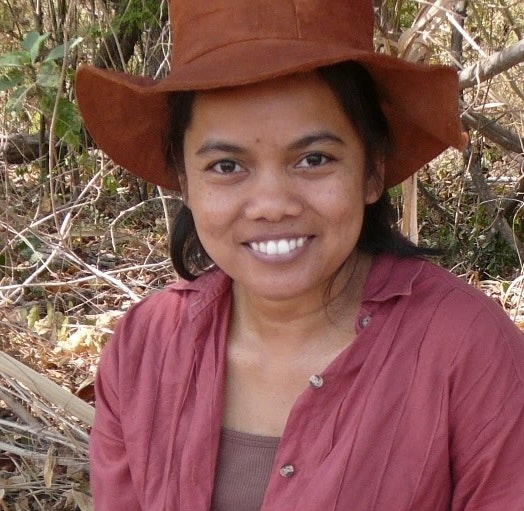Community-led conservation of West Thailand’s Elephants in populated monsoon forest
Jittin Ritthirat was first drawn to Salakpra by the region’s mountains and natural beauty. “A vivid memory is lying in a hammock observing a herd of wild elephants by the light of a full moon night when I camped in the forest. I kept awake throughout the night as they moved around at a relaxing pace, sometimes within hand’s reach! I still remember the moon shining on their backs that night. It is just like a dream”.
The dream has its dark side, though. Salakpra Wildlife Sanctuary is Thailand’s oldest reserve. Established in 1965 it was once famous for its rich forest fauna close to Bangkok. Unfortunately, management of the reserve has been neglected. Over the years, a growing human population around its unclear boundary has come into increasing conflict with the park’s last elephants, sometimes with fatal results.
Elephants need to range beyond park boundaries to survive, but this brings them into conflict with communities who can ill-afford to lose crops. At the same time, illegal exploitation of the sanctuary is commonplace, by local people as well as poachers, for fuelwood and grazing. Furthermore local people have not been properly included in decisions which affect them. Despite living alongside a dam at the River Kwai, they have no running water.
Jittin is co-founder of Elephant Conservation Network, established in 1999 as a research and outreach organisation to improve life for people and elephants. ECN is working with people to increase their understanding of why elephants are driven to forage outside the reserve. The team is helping those worst affected to erect crop defences, but ECN’s work goes much further than this. Unlike many other Thai NGOs which focus on either human well-being or the welfare of wildlife, ECN does both.
Jittin says: “We turned some local people, who were against us and wild elephants, into our friends within a year or two … They have stopped asking for compensation but instead take action and collaborate to solve the problem with us. Many now feel sympathetic towards wild elephants after learning what is causing the problem. This is rewarding for me, particularly when looking back to when farmers were angry, hopeless, pessimistic.”

Jittin now aims to develop a cattle management plan, as well as an alternative livelihood programme and new education work, to reduce the dependency of people on the forest. Local people are working with ECN to change how park managers think, and ensure communities see benefits from the park as well as challenges.





